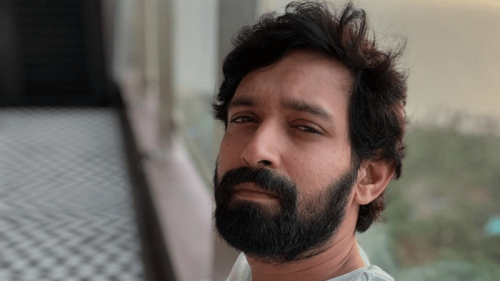RIYADH, April 4: The decision by India and a number of rice-producing countries to ban or limit exports has prompted Saudi investors to invest in rice producing Asian countries to ensure continuity and stability of supplies.
Adnan A Al-Naeim, Secretary-General of Asharqia Chamber said that the recent moves by India and some other countries to ban or limit export of rice “clearly indicate that we are at the mercy of rice-producing countries”.
India, Egypt, Philippines, Cambodia, Thailand and Vietnam have either completely banned or slashed their export quotas or increased prices, thereby jacking up a series of price-hikes in importing countries.
“The kingdom is not a rice-producing country; we are always under the control of exporters who dictate prices. The best option we have is to become rice producers ourselves by investing in agriculture in countries that still have vast land for rice production,” said Al-Naeim.
The secretary-general of the Al-Sharqiya Chamber said businessmen and agricultural investors in the eastern province are now seriously looking at the possibility and feasibility of investing in rice production in countries in Asia.
Dr Habibullah Turkestani, marketing and business management professor in King Abdul Aziz University, advised the ministry of commerce to start investment projects in rice producing countries.
“Rice is considered a basic meal here, so we need quick solutions to overcome this problem, especially when prices have already gone up,” said Ihsan Ali Bu Hulaiga, a member of Saudi Shoora and an economic researcher.
The decision by rice-producing countries could hike prices further, most here agree.
Some Saudi rice importers in the past have considered investing in parboiling units in Pakistan.
One leading importer already has such a plant operational in Pakistan so as to meet the demand of parboiled (Sela) rice in Saudi Arabia.
Markets here expect the export price of rice to double during this next quarter.
The Thai fragrant rice called jasmine, for example, will double in price from the current $484 per ton to $968 per ton by next quarter, according to a press statement from the Thai Ministry of Commerce and Industry.
Saudi Arabia imports close to a million tons of rice each year, equivalent to about five per cent of the global total consumption.
Rice imports of the kingdom are expected to go up further over the next few years as the number of foreign workers, whose staple food is rice, is bound to increase in owing to huge projects currently being undertaken here.
The demand for rice also increases during the Haj season.
The kingdom has taken some steps to cushion the impact of rise in the prices by subsidising rice imports.
King Abdullah has decreed the cut in the cost of imported rice by 20 per cent by compensating importers and dealers.
The subsidy, according to Undersecretary of Commerce Hassan Ugail, will cover import shipments before Jan 5.
Rice importers will have to present import documents to avail of the 20 per cent government subsidy.
The rice subsidy has eased prices in the market, according to Sayed Salem, manager of Farm 9 Supermarket in Al-Khobar.
“The 10kg rice, which should be SR90, is only SR60 now because of the subsidy programme of the King,” he said.
However, the SR60 is still too high for most consumers, particularly for the expatriate workers.
The kingdom has around 180 companies importing rice.
The biggest are the Dammam-based Al-Muhaideb, Al-Babakar and Al-Shallan that account for nearly 80 per cent of the kingdom’s total imports.













































Dear visitor, the comments section is undergoing an overhaul and will return soon.